Kenya
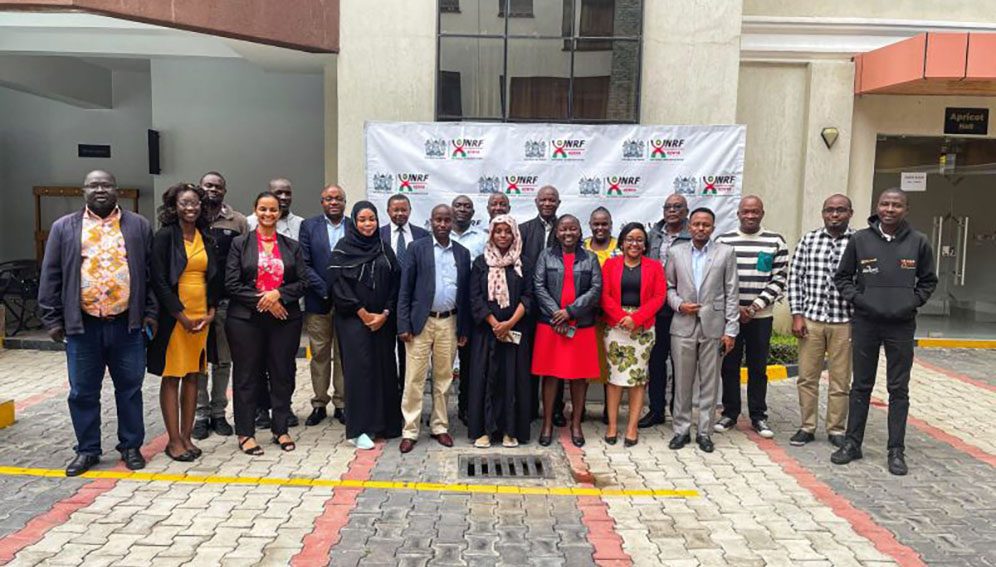
Kenya’s research fund launches data security training
The National Research Fund (NRF) Kenya has launched a research data security training workshop, highlighting its commitment to strengthening the quality, integrity, and impact of publicly funded research across the country. The workshop convened experts from universities, Ministries, Departments, and Agencies (MDAs), and research institutions to build practical skills in safeguarding research data, intellectual property,…
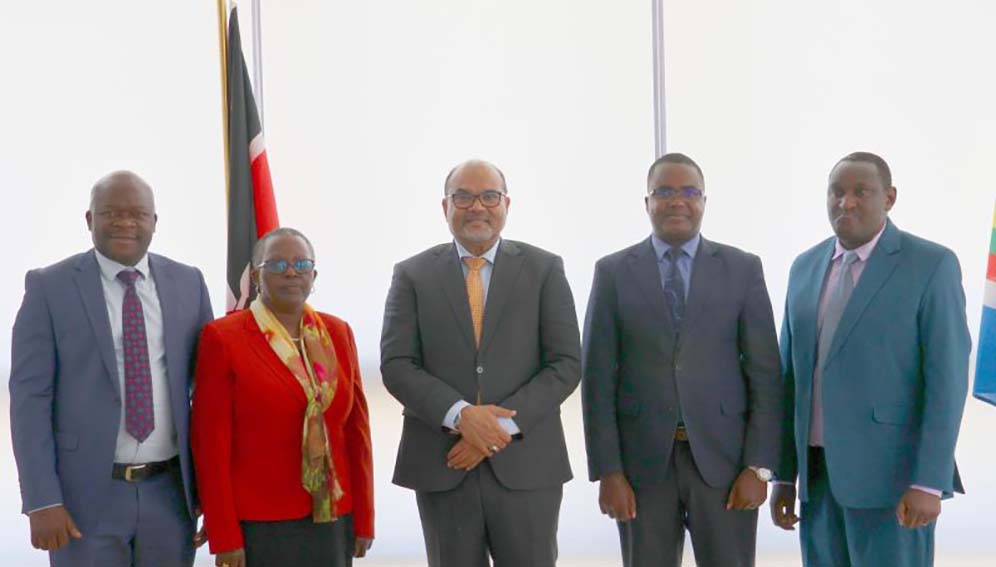
Advancing STI systems through Kenya’s silicon savannah
The National Research Fund (NRF) leadership, last week, joined the principal secretary of the State Department for Science, Research and Innovation, Haukat Abdulrazak, on a strategic visit to Konza Technopolis, Kenya’s flagship innovation ecosystem and a cornerstone of the country’s ambition to become a knowledge-based economy. The visit, led by NRF chief executive officer Dickson…
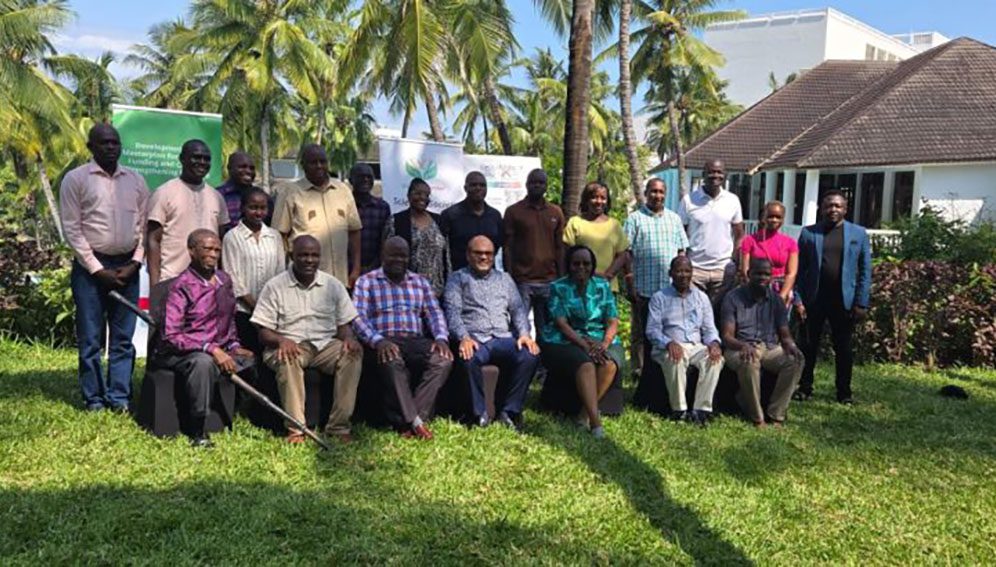
NRF Kenya leads first-ever national master-plan for research funding
The National Research Fund (NRF) Kenya is leading the development of the country’s first-ever Masterplan for research funding. The Masterplan is a strategic step toward transforming Kenya’s research landscape. Backed by strong government support and international partnerships, the Masterplan aims to align national research investments with Kenya’s development priorities, unlocking the full potential of science,…
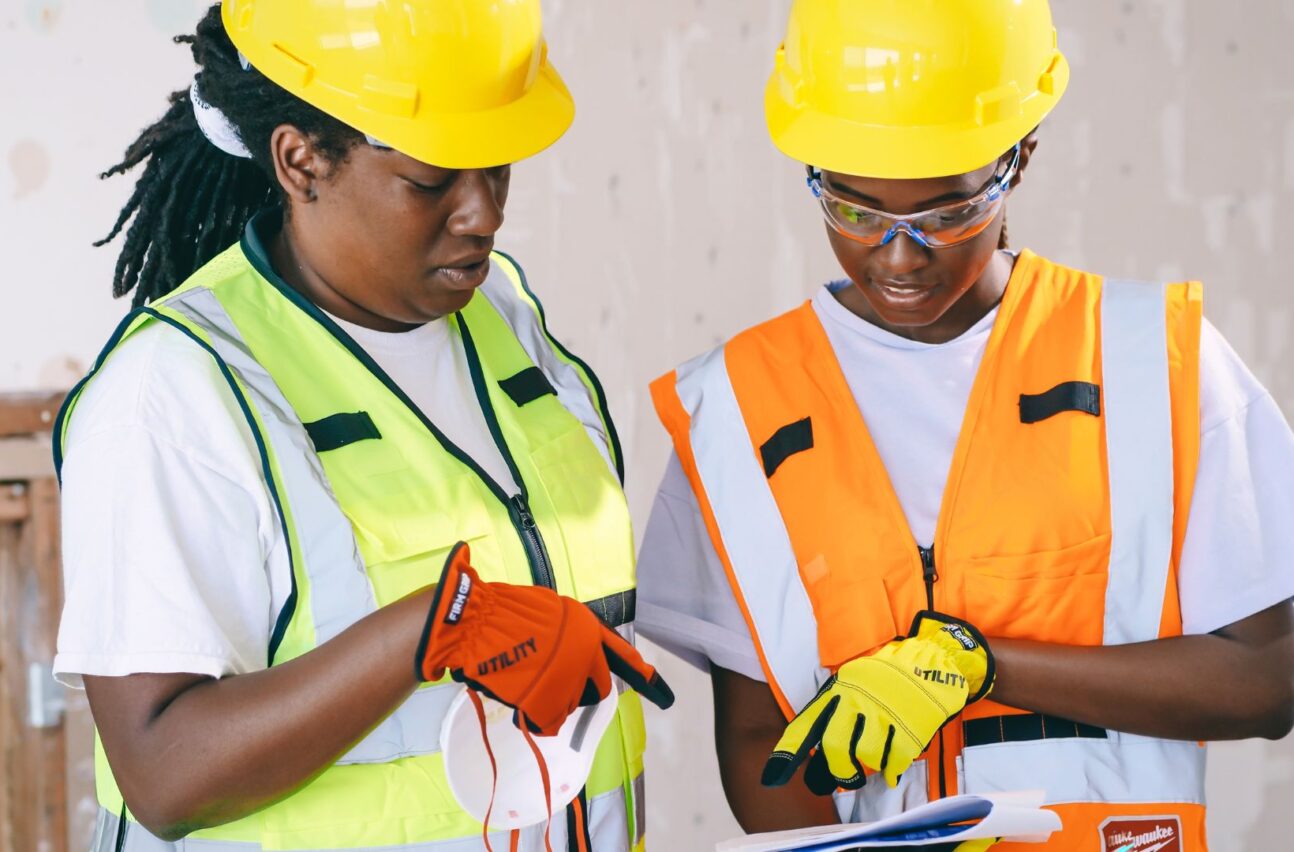
Promoting Gender Equality in Science and Innovation in Kenya
This profile explores how gender and inclusion issues shape Kenya’s research and innovation systems. Developed through the Science Granting Councils Initiative (SGCI), the report highlights the challenges faced by women and other marginalised groups in accessing and advancing within STI fields. It focuses on six key areas identified by UNESCO’s SAGA framework, including education, career…
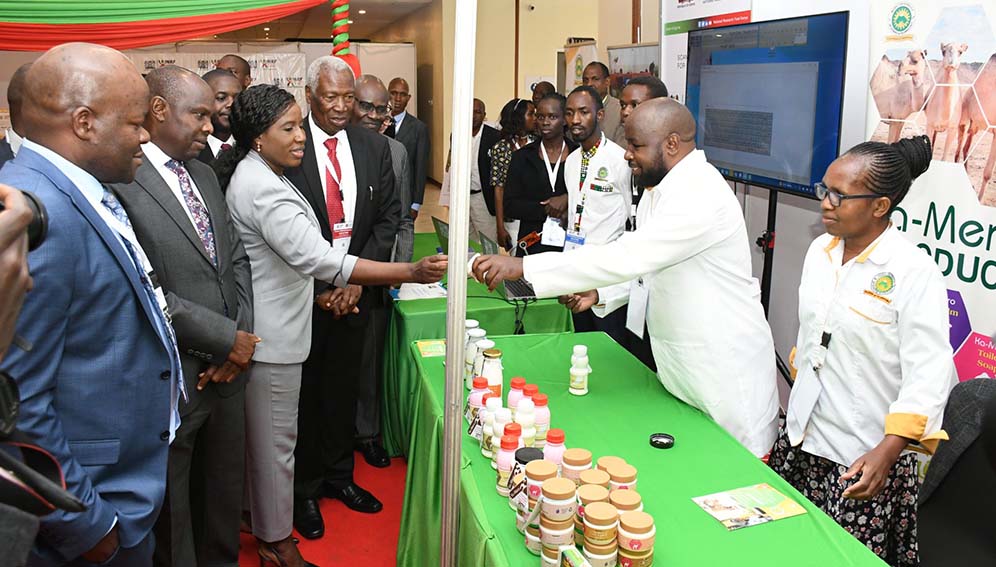
Kenya’s research festival is bringing science to the people
With a mandate to mobilise resources for research, capacity development, dissemination of findings, and science for sustainable national development, the National Research Fund (NRF) Kenya stands as a cornerstone of the country’s research ecosystem. As Kenya’s premier research funding body, NRF Kenya is playing an important role in simplifying science for Kenyans through the Kenya…

Embedding gender transfomation in science, technology and innovation
Gender inequalities in science, technology, and innovation (STI) remain a global challenge. Women’s representation dwindles as they proceed through the ‘leaky’ STI pipeline (Huyer, 2019). Addressing gender equality and inclusion (GEI) in STI is an issue of social justice and socio-economic advancement on a national scale. Gender transformation is a UNESCO priority and is embedded…
Call open: LEAWEF Multilateral Research Programme: knowledge needed on integrated solutions in water, energy and food
Call open: LEAWEF Multilateral Research Programme: knowledge needed on integrated solutions in water, energy and food Aim and objectivesThe Long-term Europe – Africa WEF-Nexus Multilateral Research Programme (LEAWEF) is an international initiative focusing on the interconnections between water, energy and food (WEF) within the framework of sustainable development. Using the WEF nexus approach, the programme…
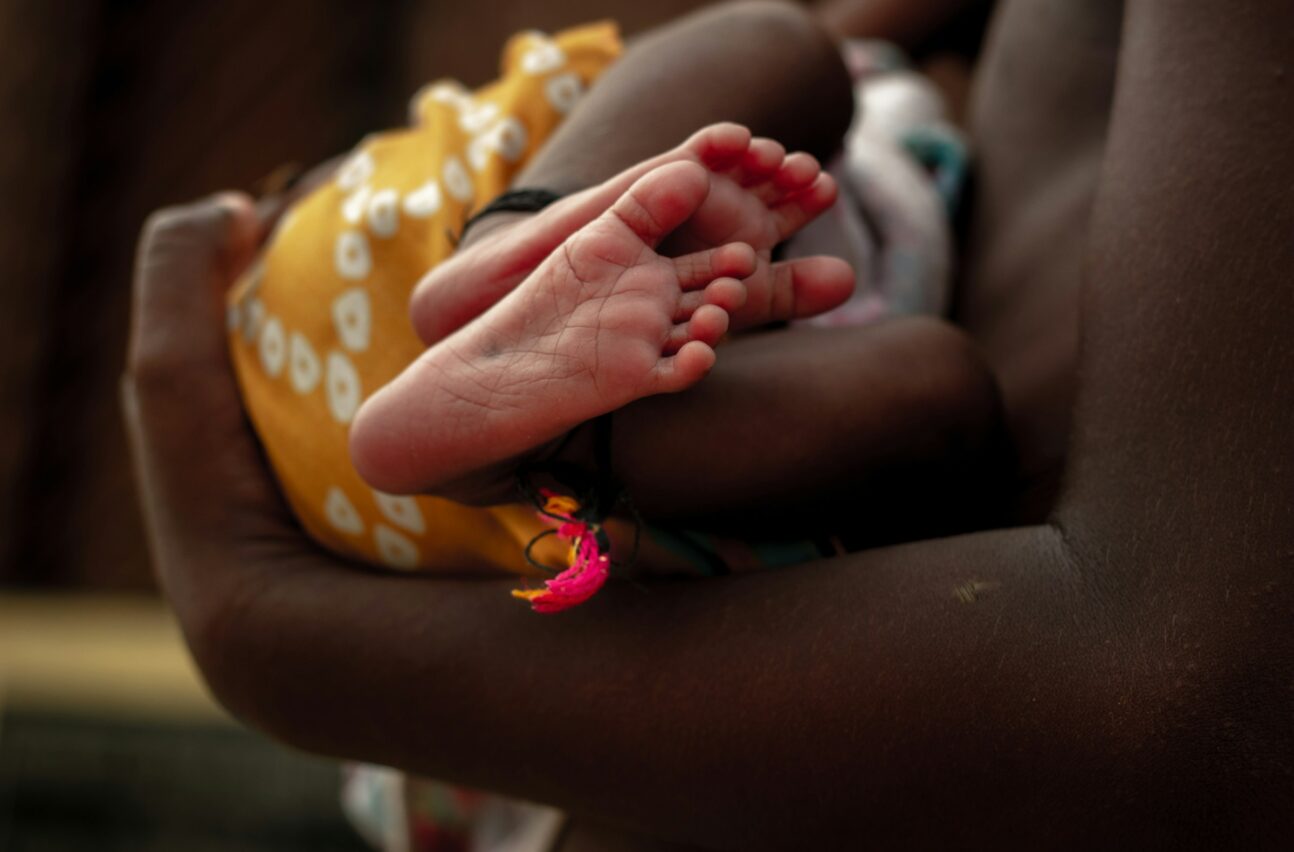
Kenyan Universities develop solutions for tungiasis, neonatal care, food security
Project Titles & Institution Areas of Research: Food/ nutritional security, and health Number of Projects being funded: 3 multi-institutional 2-year projects including private enterprises Project Duration: 18 months Grant Amount: 14M – 15M KES In-Kind Distribution: 10,000,000 KES Council: National Research Fund (NRF) Collaboration with other councils: Not Included
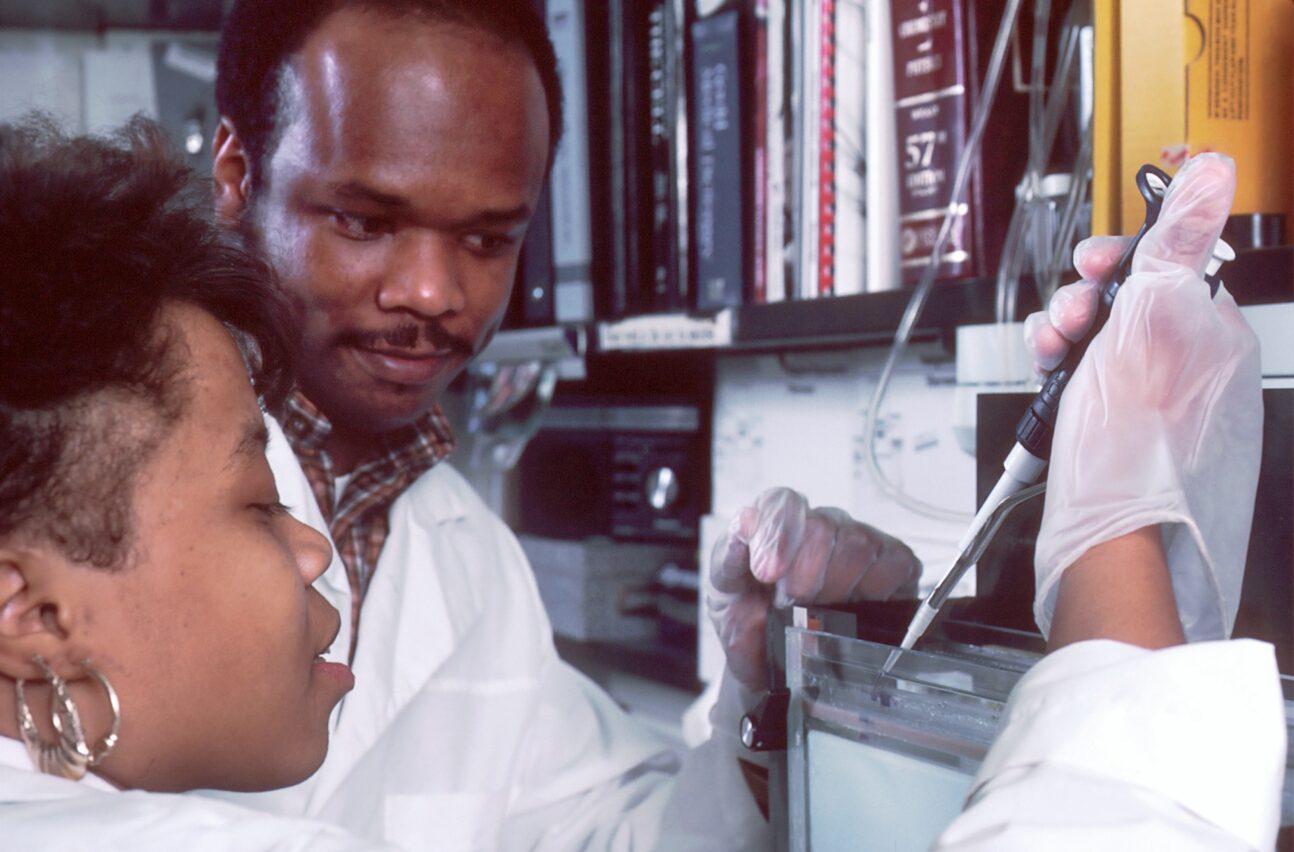
Why confidentiality in collaborative research matters
Confidentiality in collaborative research is critical. The practice of keeping sensitive information secure prevents unauthorized data access and protects privacy. In large-scale research projects, agreement about how and when data can be used and shared forms an important part of confidentiality. Establishing confidentiality in collaborative research is essential when private and public sectors work together.…
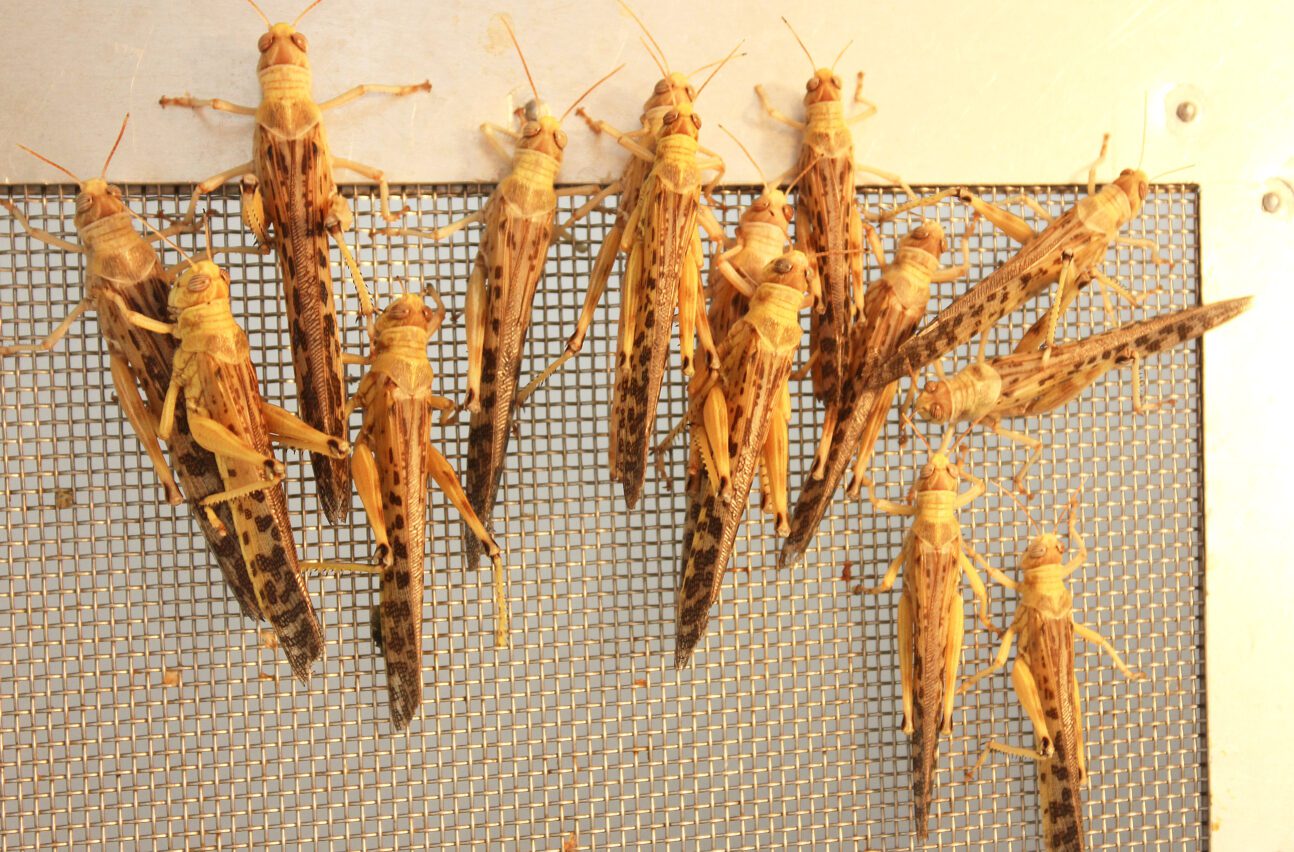
Mass breeding of desert locusts unlocks new food source
[NAIROBI] Mass breeding of desert locusts in a controlled environment could provide a sustainable source of protein for animals and humans as well as business opportunities in Sub-Saharan Africa, researchers say. With nearly 282 million people in Africa undernourished and a growing population, there is an urgent need for more sustainable food sources and edible…

